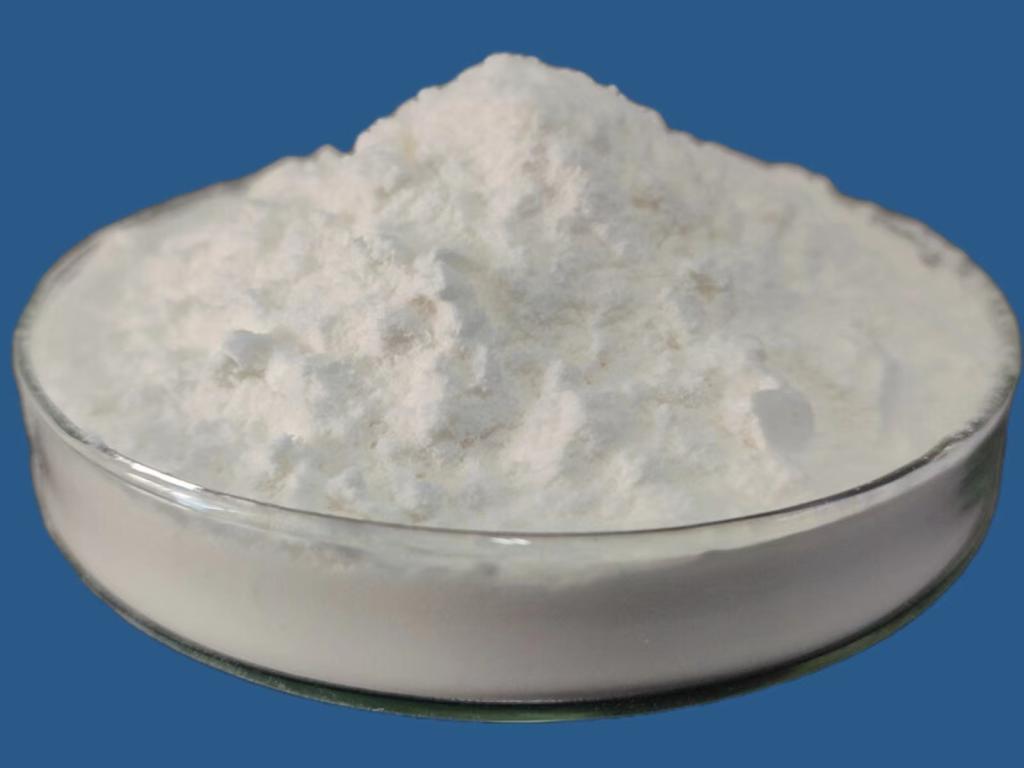Tel:+8618231198596

News
 CONTACT
CONTACT
 CONTACT
CONTACT
- Linkman:Linda Yao
- Tel: +8618231198596
- Email:linda.yao@dcpharma.cn
- Linkman:CHARLES.WANG
- Department:Overseas
- Tel: 0086 0311-85537378 0086 0311-85539701
News
The use of ε-Polylysine hydrochloride in improving the safety of fermented beverages.
TIME:2023-08-24
Introduction
The global fascination with fermented beverages, exemplified by kombucha and kefir, is rooted in their unique taste profiles and the potential wellness advantages they offer. These beverages are born from intricate microbial fermentation processes, featuring an array of bacterial and yeast strains. While fermentation imparts desirable attributes and probiotic properties, it simultaneously introduces safety hurdles.
Microbial Interactions in Fermented Beverages
The very essence of fermentation lies in the dynamic interplay among microorganisms. In the realm of kombucha, a symbiotic culture of bacteria and yeast (SCOBY) orchestrates the transformation of tea and sugar into a tangy, effervescent delight. Similarly, kefir's allure arises from a consortium of bacteria and yeast that ferment milk, yielding a creamy and tangy elixir. Yet, the diversity within this microbial population occasionally leads to imbalances, resulting in off-flavors or contamination.
Safety Concerns in Fermented Beverages
Guaranteeing the safety of fermented beverages stands as a critical imperative. Instances of contamination by harmful microorganisms have emerged, precipitating potential health repercussions for consumers. Common pathogens, including various Salmonella species, Escherichia coli (E. coli), and molds, have been implicated. Factors such as fermentation conditions – encompassing temperature, pH, and hygiene protocols – exert influence over the growth of these contaminants.
ε-Polylysine Hydrochloride: A Natural Antimicrobial Agent
ε-Polylysine hydrochloride, hailing from natural sources like bacteria and fermented foods, has garnered attention as a safe and potent antimicrobial agent. This cationic peptide, comprising numerous lysine residues, operates by leveraging its positive charge to disrupt the structure and function of negatively charged microbial cell membranes. Notably, ε-Polylysine hydrochloride has demonstrated efficacy against a broad spectrum of bacteria, yeasts, and molds, endowing it with versatility in bolstering the safety of fermented beverages.
Benefits of ε-Polylysine Hydrochloride in Fermented Beverages
Incorporating ε-Polylysine hydrochloride into the production of fermented beverages confers several advantages:
Pathogen Inhibition: ε-Polylysine hydrochloride exhibits robust inhibitory effects against prevalent pathogens often encountered in fermented beverages. Its antimicrobial prowess curtails the growth of harmful microorganisms, thereby diminishing contamination risks.
Extended Shelf Life: Through effective microbial control, ε-Polylysine hydrochloride contributes to prolonging the shelf life of fermented beverages. This extension ensures that beverages maintain their safety and palatability for an extended duration.
Preservation of Beneficial Microorganisms: Diverging from conventional antimicrobial agents, ε-Polylysine hydrochloride's precision enables it to selectively target harmful microorganisms while leaving beneficial probiotic strains largely unaffected.
Minimal Flavor Impact: Employed in appropriate concentrations, ε-Polylysine hydrochloride exerts minimal influence on the sensory attributes – taste, aroma, etc. – of the beverages, thereby preserving their intrinsic qualities.
Considerations and Future Directions
While ε-Polylysine hydrochloride emerges as a promising strategy for bolstering safety in fermented beverages, several aspects warrant consideration:
Dosage Optimization: Determining the optimal dosage of ε-Polylysine hydrochloride assumes pivotal importance, as it governs effective pathogen inhibition without undermining the beverages' sensory aspects.
Regulatory Approval: Prior to widespread adoption, regulatory bodies must assess the safety and efficacy of ε-Polylysine hydrochloride as a permissible food additive.
Consumer Perception: Educating consumers about ε-Polylysine hydrochloride's role in enhancing safety, sans significant alterations to the beverages' nature, becomes instrumental for fostering acceptance.
Holistic Approach: While ε-Polylysine hydrochloride addresses certain safety apprehensions, upholding sound hygiene, sanitation, and fermentation conditions remains indispensable for overall beverage safety.
Conclusion
Fermented beverages, exemplified by kombucha and kefir, embody a convergence of flavors and potential benefits. Safeguarding their safety ranks paramount, and ε-Polylysine hydrochloride emerges as a natural antimicrobial agent poised to enhance this aspect. Its capacity to selectively target harmful microorganisms while preserving sensory attributes and probiotic content renders it invaluable for beverage producers. As research advances, ε-Polylysine hydrochloride stands poised to reshape the fermentation landscape, proffering consumers a safer and more dependable final product to savor.
- Tel:+8618231198596
- Whatsapp:18231198596
- Chat With Skype







